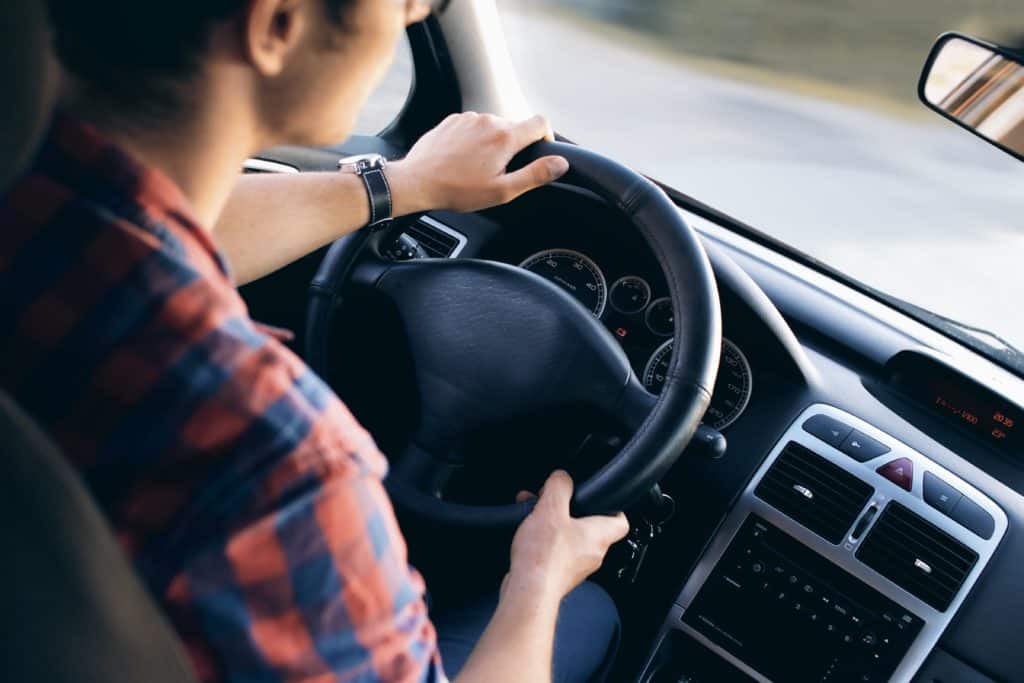HMRC have made it known that expenses can only be claimed “wholly and exclusively” for business purposes. In short, this means only those expenses you’ve sustained during your work as a Private Hire Vehicle or Hackney carriage driver during the tax year can generally be claimed. Not everything is allowable, we will detail the key expenses available to you later on. Claiming expenses is a helpful way to reduce tax. What this could look like is below:
Your income (including tips) is £20,000, and you claim £5,000 in allowable expenses. You only pay tax on the remaining £15,000 – known as your taxable profit.
If you are using an accountant to file your tax return then chances are they are already claiming these for you. However, it’s good to know what these are and you can then have a conversation with your accountant should you have any enquiries. Remember, your tax return is your liability and not your accountant.
It’s good practice to keep a regular log during the tax year of mileage and expenses. This will help make the accounting process easier and support you in the event of an enquiry from HMRC.
Please note, the guidance in this article is not detailed and shouldn’t be used as an alternative to seeking professional advice.
So, What are the Key Expenses?
Taxi Running Expenses
These are the costs for the day-to-day running of your Hull taxi firm during the tax year.
If you drive a Private Hire Vehicle then you can use actual costs or the simplified method to calculate this. However, generally, if you drive a Hackney carriage then you can only use actual costs.
If you have used the simplified method before for your existing taxi then you must continue to use the same method until you change your taxi. You can clarify this by assessing your previous tax returns.
What’s the difference between the actual costs or the simplified method?
The simplified method would pay a flat rate based on the number of business miles in the tax year, it takes into account things like fuel, servicing, repairs and vehicle insurance. Further guidance on this can be located on the GOV.UK website, it also includes a link to a helpful tool (simplified expenses checker) to find which method will save you more money.
It’s worth noting, if you do not use the simplified process but the actual costs method for this then it’s a stipulation you retain appropriate evidence (e.g. invoice/receipt) for everything you claim to show to HMRC in the event of an enquiry.
Under the actual costs method you could claim:
- Vehicle hire or lease
- Fuel
- Vehicle insurance
- Servicing
- Repairs/maintenance (e.g. tyres, bulbs etc.)
- MOT
- Vehicle tax
- Valeting/cleaning
- Breakdown cover (e.g. AA/RAC)
Taxi Licence Expenses
This will be what you paid to the council or Transport for London during the tax year. You will need to retain adequate evidence of this claim in all cases to show to HMRC in the event of an enquiry.
Taxi Radio Expenses
This will be the radio rent paid to the operator (taxi firm) through the tax year. You will need to keep appropriate evidence of this claim in all cases to show to HMRC in the event of an enquiry.
Taxi Meter Hire Expenses
This will be the fee paid to the company you’ve rented the meter from during the tax year. You will need to retain suitable evidence of this claim in all cases to show to HMRC in the event of an enquiry.
Finance Expenses
This includes the following during the tax year:
Charges on your business bank account (this will need to be one soley for your taxi driving income and expenses)
Interest and charges for any lending used to buy the vehicle you have used as the taxi.
You can only claim a maximum of £500. You will need to retain appropriate proof of this claim in all cases to show to HMRC in the event of an enquiry.
Parking Expenses
This will be tickets for stays purchased when working as a taxi driver (e.g. airport collections) during the tax year. Not fines/penalties. You will need to retain appropriate evidence (e.g. ticket) of this claim in all cases to show to HMRC in the event of any questions.
Congestion and Toll Expenses
This will be congestion and toll charges paid whilst operating as a taxi driver during the tax year. Not fines/penalties. You will need to retain correct evidence of this claim in all cases to show to HMRC in the event of an enquiry.
Accountancy Expenses
This will be what you paid to an accountant concerning your taxi driving tax matters during the tax year. You will need to retain relevant evidence of this claim in all cases to show to HMRC in the event of an enquiry
Mobile Expenses
This will be costs incurred for mobile usage (i.e. pay monthly or pay as you go) whilst working as a taxi driver during the tax year. Taxi drivers often use their mobile to contact passengers and to use Google Maps etc.
Please consider you are unable to claim for a mobile handset if it is not part of your pay monthly contract. This is due to HMRC considering this to be a capital item (anything which you purchase that is expected to last more than a year) and not an expense.
If the mobile is only used for business use then you can claim all costs. However, if it is used also for personal use then it is important the figure you provide indicates the business use. You must retain all the appropriate proof of this claim in all cases to show to HMRC in the event of an enquiry.








